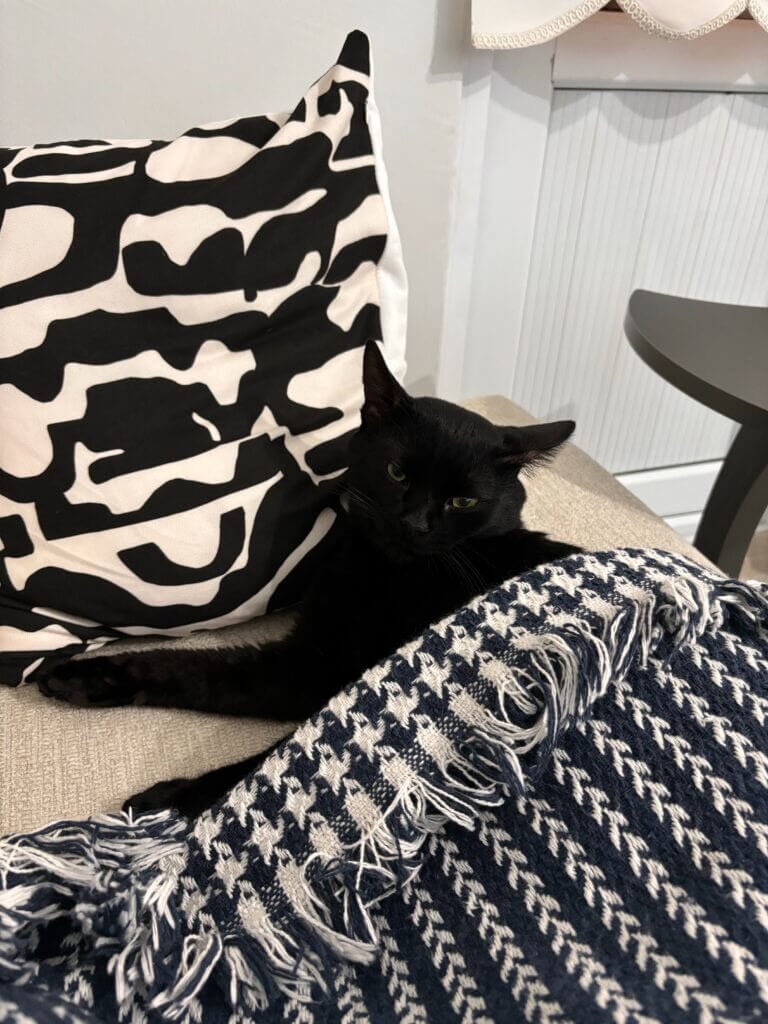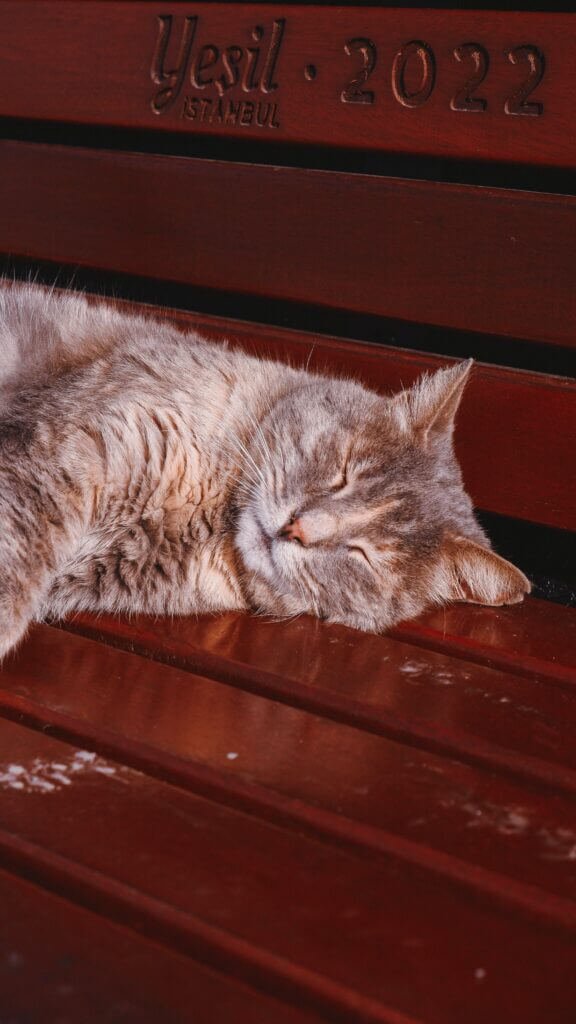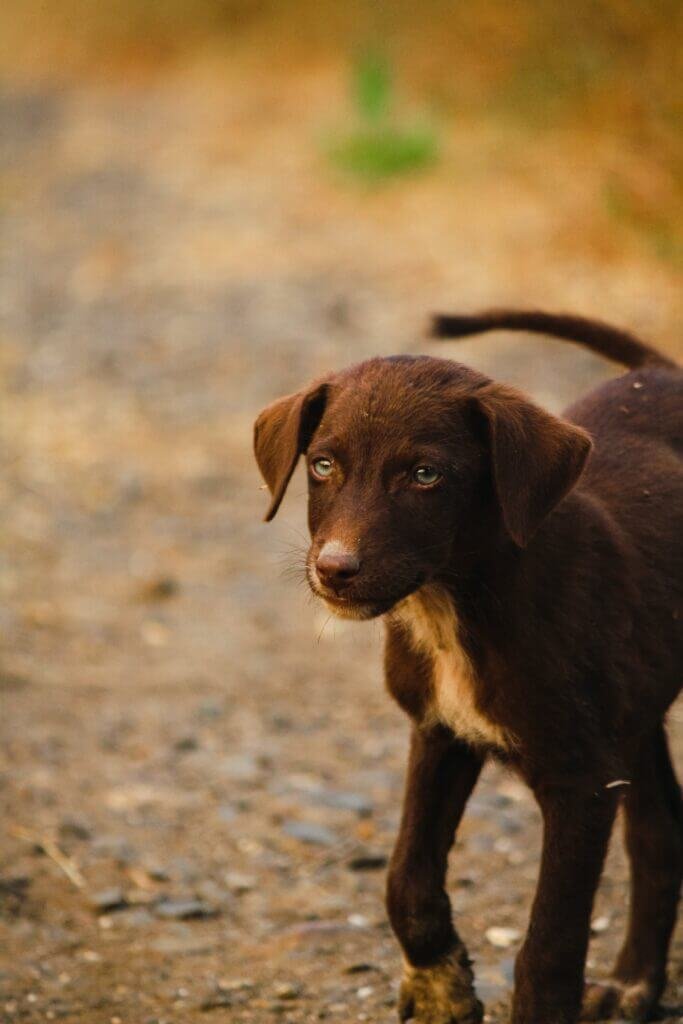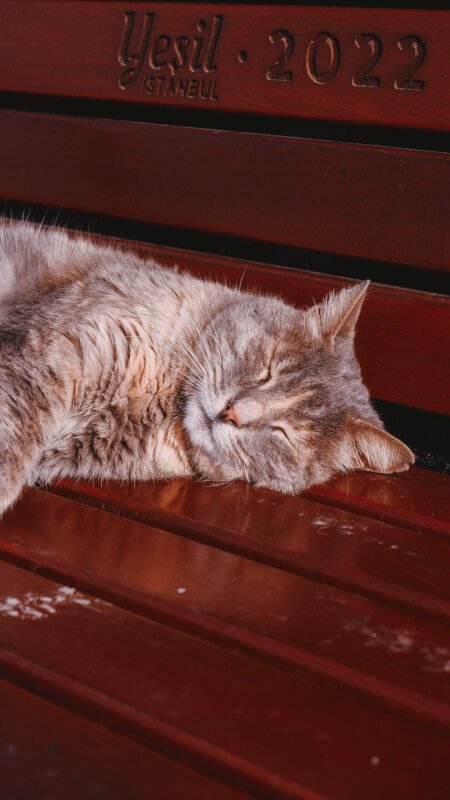Are you considering bringing a pet monkey into your home? It’s essential to understand the financial commitment involved before making such a decision. In this article, we’ll explore the cost of purchasing a pet monkey and help you determine if it fits within your budget. From initial acquisition expenses to ongoing care and maintenance, we’ll shed light on the various aspects that contribute to the overall investment in owning a pet monkey. By the end, you’ll have a better understanding of what it takes to bring these playful, intelligent creatures into your life.

Understanding the Basics
Owning a pet monkey may seem like an exciting and unique idea, but before you dive into this adventure, it is crucial to understand the basics. This article will guide you through the various aspects of owning a pet monkey, including the legality, types of monkeys available as pets, and the considerations you should take into account before making a purchase.
Legality of Owning a Pet Monkey
One of the first aspects to consider is the legality of owning a pet monkey. Laws regarding pet monkeys vary from country to country and even within different states or regions. It is essential to research and understand the local regulations regarding monkey ownership before proceeding. Some areas may prohibit owning certain monkey species as pets, while others may require specific permits or licenses. Ignoring these laws can lead to legal consequences, so it is crucial to be well-informed and compliant.
Types of Pet Monkeys
When it comes to pet monkeys, there are various types and breeds to choose from. Some popular choices include Capuchins, Marmosets, and Spider Monkeys. Each breed has its own unique characteristics, such as size, behavior, and care requirements. It is important to research and understand the specific needs of the breed you are interested in to ensure compatibility with your lifestyle and resources.
Considerations before Purchasing
Before making the decision to bring a pet monkey into your home, there are several considerations you should keep in mind. Firstly, monkeys have a long lifespan, often exceeding 20 years. This means that owning a monkey is a long-term commitment and requires consistent care and attention. Additionally, monkeys are highly intelligent and social animals that require mental stimulation and socialization. Providing a stimulating environment and dedicating time for interaction is vital to their well-being. It is important to evaluate your ability to meet these needs before proceeding with a purchase.
Cost Factors to Consider
Once you have familiarized yourself with the basics of owning a pet monkey, it is essential to understand the various cost factors associated with their care. These factors include the monkey’s breed, age, gender, health condition, cage and enclosure, food and nutrition, toys and enrichment, veterinary care, training and socialization, transportation and delivery, and any legal permit costs that may be incurred.
Monkey Breed
The breed of the monkey plays a significant role in determining its cost. More common breeds such as Capuchins tend to be less expensive than exotic or rare breeds. It is essential to consider your budget and research the costs associated with the specific breed you are interested in.
Age and Gender
The age and gender of the monkey can also impact its cost. Baby monkeys may be more expensive due to their high demand and the care required during their early development. Gender can also influence the price, with males often being more expensive than females.
Health Condition and Vaccinations
Ensuring the health of your pet monkey is crucial. Before purchasing, you should inquire about the monkey’s health condition and vaccination history. A healthy monkey may have a higher initial cost, but it can significantly reduce potential veterinary expenses down the line.
Cage and Enclosure
Monkeys require spacious and secure enclosures to provide them with a safe and stimulating environment. The cost of a suitable cage can vary depending on the size and quality. It is essential to invest in a durable and escape-proof enclosure that meets the specific needs of the breed you choose.
Food and Nutrition
Proper nutrition is essential for the well-being of your pet monkey. Their diet consists of a variety of fruits, vegetables, protein sources, and specialized primate food. The cost of providing a balanced diet can vary depending on the breed and individual dietary needs.
Toys and Enrichment
Monkeys are intelligent and curious creatures that require mental stimulation and enrichment. Investing in a variety of toys, puzzles, and climbing structures is necessary to meet their behavioral needs. The cost of providing adequate toys and enrichment items should be considered in your budget.
Veterinary Care
Regular veterinary care is essential for maintaining your pet monkey’s health. This includes routine check-ups, vaccinations, and the potential need for specialized primate veterinarians. Veterinary expenses for monkeys can be significant, so it is important to factor in these costs when budgeting for your pet.
Training and Socialization
Proper training and socialization are crucial for the well-being of your pet monkey. Monkey trainers or primate behaviorists may be necessary to guide you through the training process. The cost of training and socialization should be considered, as it is vital for establishing a strong bond and ensuring a harmonious relationship with your monkey.
Transportation and Delivery
If you are purchasing your pet monkey from a breeder located far from your home, transportation costs should be taken into account. The cost of transporting a monkey can vary depending on the distance and mode of transportation. Additionally, some breeders or sellers may charge a fee for delivering the monkey directly to your location.
Legal Permit Costs
Depending on your location, owning a pet monkey may require specific permits or licenses. These permits often come with associated costs, such as application fees, annual renewal fees, or inspections. It is crucial to familiarize yourself with the legal requirements and associated costs to ensure compliance with local regulations.

Average Prices of Pet Monkeys
After considering the various cost factors associated with owning a pet monkey, it is helpful to have an understanding of the average prices for different monkey breeds. While prices can vary depending on factors such as location, breeder reputation, and the monkey’s individual characteristics, here is an overview of common and exotic monkey breeds and their associated costs.
Common Monkey Breeds and Their Costs
Common monkey breeds such as Capuchins or Marmosets can range in price from $5,000 to $10,000 or more. The exact cost may vary based on factors like age, gender, and overall health condition. It is important to research reputable breeders and compare prices to ensure you’re getting a fair deal.
Exotic and Rare Monkey Breeds
If you are interested in more exotic or rare monkey breeds, be prepared to spend a significant amount more. Exotic monkey breeds, such as the Woolly Monkey or the Tamarin, can cost anywhere from $10,000 to $30,000 or even more. These exotic breeds often come with higher demands in terms of care, permits, and specialized knowledge.
Reputable Breeders vs. Pet Stores
When considering where to purchase your pet monkey, it is crucial to distinguish between reputable breeders and pet stores. Reputable breeders typically prioritize the well-being of their monkeys and provide the necessary documentation, such as health records and permits. Pet stores, on the other hand, may not always have the same level of expertise or transparency. It is strongly recommended to do thorough research and choose a reputable breeder to ensure you are getting a healthy and well-cared-for monkey.
Additional Costs to Consider
While the initial purchase cost of a pet monkey can be significant, it is essential to remember that there are ongoing costs associated with their care. These costs include food and nutrition, veterinary care, toys and enrichment, and potential unexpected expenses. All of these should be considered when evaluating the affordability of owning a pet monkey.
Evaluating the Affordability
After understanding the average prices and ongoing costs associated with owning a pet monkey, it is essential to evaluate the affordability of this decision. This evaluation involves considering the distinction between one-time costs and ongoing expenses, budgeting for the initial purchase, budgeting for maintenance and care, and being prepared for unexpected costs.
One-time Costs vs. Ongoing Expenses
It is crucial to differentiate between the one-time costs and the ongoing expenses associated with owning a pet monkey. The initial purchase price, cage, and enclosure setup, as well as any legal permit costs, fall under one-time costs. Ongoing expenses include food, veterinary care, enrichment items, and potential training or behavioral consultations.
Budgeting for Initial Purchase
To ensure that you are financially prepared to bring a pet monkey into your life, it is important to budget for the initial purchase cost. Research the average prices for the specific breed you are interested in, and set aside the necessary funds before proceeding with the purchase. It is always recommended to save a bit extra for any unforeseen circumstances or additional expenses that may arise.
Budgeting for Maintenance and Care
Pet monkeys require ongoing care and maintenance, which incur regular expenses. These expenses include food, veterinary care, enrichment items, and potential training or behavioral consultations. Budgeting for these ongoing costs is essential to ensure that you can meet the financial obligations of owning a pet monkey throughout its lifespan.
Considering Unexpected Costs
When evaluating the affordability of owning a pet monkey, it is important to consider unexpected costs. Just like any other pet, monkeys may require emergency veterinary care or unexpected expenses related to their health and well-being. Setting aside an emergency fund for such situations can help alleviate financial stress and ensure that your pet receives the necessary care when needed.

Alternatives to Pet Monkey Ownership
While owning a pet monkey may seem appealing, it is important to consider alternatives that may satisfy your desire to interact with primates while promoting their well-being. If owning a pet monkey is not feasible for you, here are some alternative options to consider.
Volunteering at a Primate Sanctuary
Volunteering at a primate sanctuary is an excellent way to interact with monkeys while contributing to their welfare. Primate sanctuaries often rely on volunteers to assist with daily care, enrichment, and rehabilitation efforts. By volunteering, you can learn about monkey behavior and conservation while providing a positive impact on their lives.
Visiting Monkey Sanctuaries and Zoos
Visiting monkey sanctuaries and zoos is another way to observe and learn about these fascinating creatures. It allows you to see monkeys in a natural or zoo environment while supporting educational and conservation efforts. Remember to choose accredited facilities that prioritize the well-being and ethical treatment of the animals.
Adopting a Different Type of Pet
If owning a pet monkey is not a viable option for you, consider adopting a different type of pet. Dogs, cats, birds, or small mammals can provide companionship and fulfill your desire for a pet without the unique demands and challenges that come with owning a monkey. Always research and choose a pet that aligns with your lifestyle and resources.
Important Considerations
Before making a final decision about owning a pet monkey, there are several important considerations to keep in mind. These factors go beyond the financial aspect and touch upon ethical and moral concerns, licensing and permits, responsibility and commitment, health risks and zoonotic diseases, longevity and lifespan, social needs and interaction, potential dangers and safety, legal consequences of illegal ownership, environmental impact, and primate conservation efforts.
Ethical and Moral Concerns
Owning a pet monkey raises ethical and moral questions regarding the captivity and welfare of these intelligent and social creatures. It is important to consider the impact of keeping a wild animal as a pet, and to ensure that you can provide a suitable environment that meets their needs to minimize any potential negative effects on their well-being.
Licensing and Permits
Before bringing a pet monkey into your home, it is vital to understand and comply with the licensing and permit requirements in your area. Failure to do so can result in legal consequences, as well as potential harm to the monkey if you are unable to provide appropriate care and meet regulatory standards.
Responsibility and Commitment
Owning a pet monkey requires immense responsibility and a long-term commitment. Monkeys are highly intelligent and social animals that require daily care, interaction, and stimulation. It is essential to assess your ability to provide the necessary time, effort, and resources to meet their physical and emotional needs for the duration of their lifespan.
Health Risks and Zoonotic Diseases
Monkeys, like all animals, can carry zoonotic diseases that can be transmitted to humans. It is essential to take proper precautions, such as frequent hand-washing and following recommended veterinary protocols, to minimize the risks. Additionally, monkeys may require specialized veterinary care, which can be challenging to find and potentially expensive.
Longevity and Lifespan
Monkeys have relatively long lifespans, often exceeding 20 years. It is important to understand and consider this long-term commitment when deciding to bring a pet monkey into your life. Ensure that you are prepared for the time and care required throughout their entire lifespan, including potential adjustments required as they age.
Social Needs and Interaction
Monkeys are highly social animals that thrive on interaction with their own kind. If you choose to own a pet monkey, it is vital to provide them with appropriate socialization and companionship. This may involve spending several hours a day engaging with your monkey or considering the possibility of owning multiple monkeys to fulfill their social needs.
Potential Dangers and Safety
Monkeys, particularly larger and stronger breeds, can pose potential dangers and safety risks. Their strength and agility can lead to destructive behaviors, aggression, or escape attempts. It is important to take appropriate safety precautions, such as secure enclosures and training, to prevent any harm to yourself, others, or the monkey.
Legal Consequences of Illegal Ownership
Owning a pet monkey without the necessary permits or licenses can have severe legal consequences. Fines, confiscation of the monkey, and potential criminal charges may result from illegal ownership. It is crucial to familiarize yourself with the local laws and regulations to ensure compliance and to protect yourself and your pet.
Environmental Impact
Bringing a pet monkey into your home can have environmental implications. Monkeys are highly intelligent and occupy specific ecological niches in the wild. By removing them from their natural environments and housing them as pets, you may be contributing to environmental imbalances and potentially supporting a market that encourages the illegal wildlife trade.
Primate Conservation Efforts
When considering owning a pet monkey, it is important to evaluate the impact on primate conservation efforts. Wild monkey populations are facing various threats, including habitat loss, poaching, and the illegal pet trade. Supporting reputable primate conservation organizations and being a responsible consumer can help protect these remarkable species and their ecosystems.
Making an Informed Decision
Before making a final decision on owning a pet monkey, take the necessary steps to ensure that you are well-informed and adequately prepared. This involves researching the specific breed you are interested in, finding reputable sellers or breeders with a focus on animal welfare, understanding the state and local laws regarding monkey ownership, consulting with experts in primate care and behavior, assessing your lifestyle and resources, considering the ethical implications of captivity, and mentally and financially preparing yourself for a long-term commitment.
Researching the Breed
Thorough research is essential when considering owning a pet monkey. Look for reputable resources, books, and online forums that provide accurate and up-to-date information about the specific breed you are interested in. Learn about their natural habitat, behavior, dietary needs, and any specific requirements for their care.
Finding Reputable Sellers
When purchasing a pet monkey, it is crucial to find reputable sellers or breeders that prioritize the well-being of their animals. Look for breeders with a track record of providing ethical care and who are transparent about the monkey’s health history, vaccination records, and proper permits. Avoid sellers who show signs of mistreatment or lack of expertise.
Understanding State and Local Laws
Each state or region may have specific laws and regulations regarding the ownership of pet monkeys. Ensure that you fully understand and comply with these laws before making a purchase. Contact local authorities or seek legal advice if necessary to ensure that you are aware of all the requirements and permits needed.
Consulting with Experts
Seeking guidance from experts in primate care and behavior is highly recommended before bringing a pet monkey into your home. These professionals can provide valuable insights into the specific needs of monkeys, training and socialization techniques, and potential challenges that may arise. Their expertise can help you make an informed decision and ensure the well-being of both you and your pet.
Assessing Your Lifestyle and Resources
Evaluate your lifestyle, available resources, and commitment level before deciding to own a pet monkey. Monkeys require a significant amount of time and attention, as well as financial resources for their care. Consider your work schedule, living situation, and ability to provide the necessary environment and social interaction before making a commitment.
Considering Ethical Implications
Owning a pet monkey raises ethical concerns regarding their captivity and welfare. Reflect on the moral implications of keeping a wild animal as a pet and carefully consider whether your desire for a monkey is aligned with their well-being and conservation efforts. Explore alternatives, such as volunteering or visiting primate sanctuaries, that promote ethical interaction with monkeys.
Preparing for Long-term Commitment
Owning a pet monkey is not a short-term commitment. Monkeys can live for several decades, and their care demands consistency and dedication. Ensure that you are mentally prepared for this long-term commitment and have the necessary resources to provide for your monkey’s well-being throughout its entire life.
Conclusion
Owning a pet monkey can be a fascinating and rewarding experience, but it requires careful consideration and preparation. Understanding the legality, types of monkeys available as pets, and the associated costs and responsibilities is essential to make an informed decision. It is important to evaluate the affordability, consider ethical implications, and be aware of the legal requirements and potential risks involved. Researching the appropriate breed, finding reputable sellers, and seeking guidance from experts will help ensure a positive and fulfilling experience for both you and your pet monkey. Remember, pet ownership should prioritize the welfare and well-being of the animal, and responsible ownership is key to promoting a harmonious relationship with your pet and contributing to primate conservation efforts.


